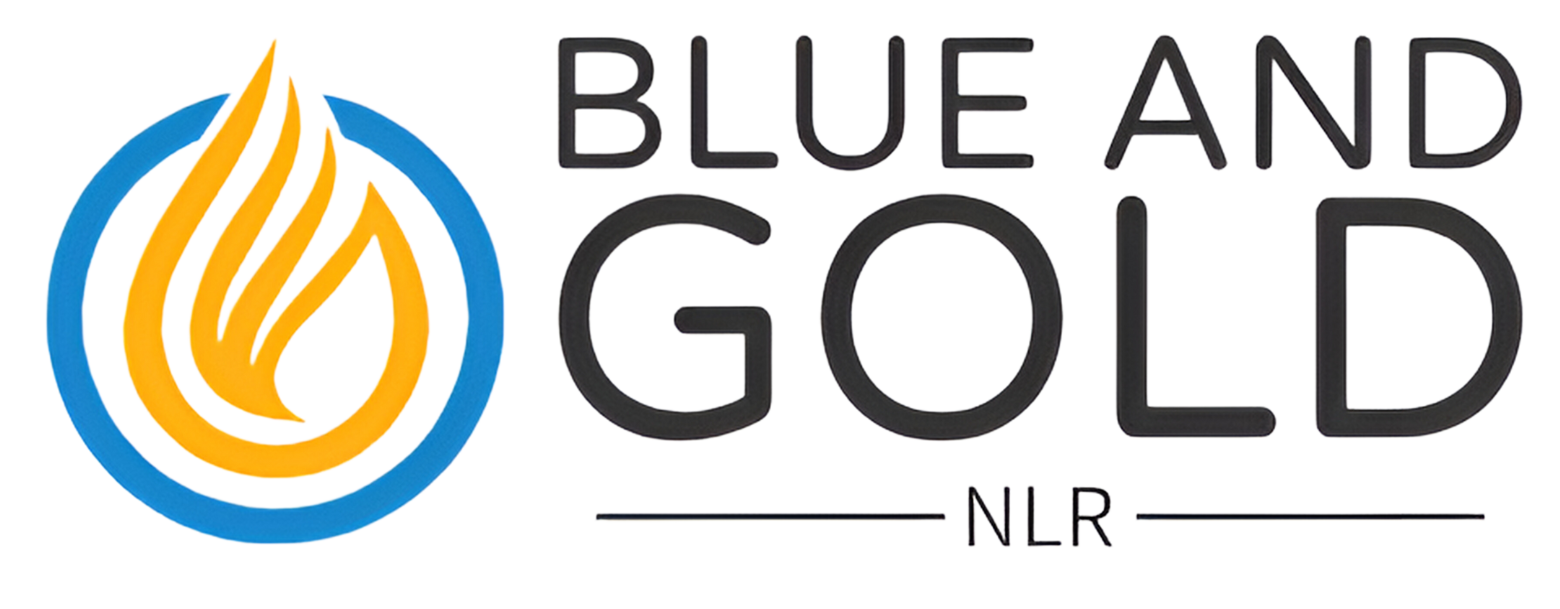Pennsylvania is taking a firm stance against unauthorized tracking using devices like Apple AirTags, aiming to address concerns regarding privacy violations and stalking incidents. The state’s House of Representatives voted overwhelmingly, 199-1, to criminalize secret tracking using such devices under Pennsylvania’s anti-stalking laws.
While AirTags are designed for tracking personal belongings and recovering stolen items, they have been misused by stalkers to monitor individuals without their consent. Instances of unauthorized tracking have raised alarms, prompting legislative action to curb such practices.
If the proposed law is enacted, it would entail penalties of up to 90 days in jail for individuals found guilty of secret tracking using devices like AirTags, as reported by Associated Press.
The misuse of AirTags has been documented in various incidents, including cases where thieves utilized them to track and steal vehicles. Apple responded to these concerns by announcing plans to enhance user protection and prevent future misuse.
Collaborating with Google, Apple intends to introduce new security features aimed at ensuring the safe and secure use of trackers, with expectations of integrating these features into an upcoming iOS 17.5 update.
Pennsylvania’s initiative to crack down on secret tracking aligns with similar efforts in other states like California, Hawaii, and Florida. Florida, in particular, has recently strengthened its legislation to combat stalkers exploiting legal loopholes for malicious purposes.
By implementing stricter laws on the unauthorized use of AirTags and similar tracking devices, states aim to deter individuals from engaging in covert tracking activities.
The enactment of such laws is expected to contribute to reducing instances of stalking facilitated by AirTags and similar products, fostering a safer environment for individuals’ privacy and security.
This legislative trend may prompt more states to adopt and enforce stringent measures against unauthorized tracking, safeguarding individuals from potential privacy infringements.
